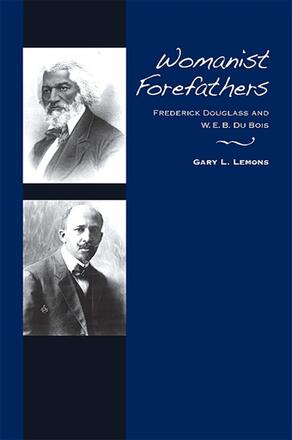
Womanist Forefathers
Frederick Douglass and W. E. B. Du Bois
Alternative formats available from:
Traces a lineage of pro-feminist black men to two early radical proponents of female equality.
Description
What role did African American men have in the early twentieth-century struggle for women's suffrage? How is gender significant to the historical and contemporary struggles for African American liberation? In Womanist Forefathers, Gary L. Lemons examines the memoirs and political writings on women by Frederick Douglass and W. E. B. Du Bois, positioning these radical proponents of female equality as "womanist forefathers" to later generations of gender progressive black men. Lemons argues that the writings of Douglass and Du Bois, which merge confessional narrative with social criticism, demonstrate the power of pro-womanist thinking in the vision of racial uplift both men advanced. Womanist Forefathers then traces the lineage between these early African American activists to contemporary pro-feminist black men, many of whom have similarly combined analyses of the personal with the political to envision a black male brotherhood founded on womanist principles, free from nationalism rooted in patriarchy, heterosexism, and homophobia.
Gary L. Lemons is Visiting Professor of English at the University of South Florida and author of Black Male Outsider: Teaching as a Pro-Feminist Man, also published by SUNY Press.
Reviews
"Gary Lemons's Womanist Forefathers … invigorates the critical discourse and terrain of black male feminism … [it] comes highly recommended for anyone interested in black men doing feminism in the twenty-first century." — African American Review
"Lemons provides a deep historical inquiry into black male feminist origins. No one has asked in quite as compelling a manner what qualities or experiences help to produce black men who see women's oppression as a devastating problem. Furthermore, his positioning of absent and problematic fathers as the origin of the investment in the mother that is then transformed into an abiding concern with women's rights is brilliant." — Michael Awkward, author of Scenes of Instruction: A Memoir